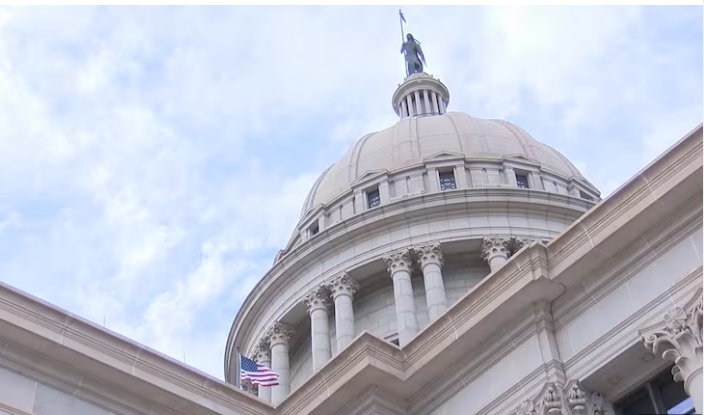As the second session of the 59th Legislature progresses in Oklahoma, significant bills impacting public education and electoral processes have advanced through committee hearings, signaling potential changes in state policies.
One notable measure, House Bill 3272, sponsored by Rep. Baker (R-D60), received unanimous approval from the House Appropriations and Budget Committee’s education subcommittee. If enacted, HB 3272 would extend six weeks of paid maternity leave to full-time employees of public school districts in the state following the adoption of a newborn. Currently, such benefits are only provided to employees who give birth, highlighting efforts to expand parental leave provisions to include adoptive parents.
Another bill passed by the committee, House Bill 3953, championed by Rep. Meloyde Blancett (D-D78), aims to address the need for enhanced support services in public schools. HB 3953 proposes granting funds to public school districts for hiring school nurses, audiologists, counselors, and mental health professionals. The bill outlines a cost-sharing arrangement between districts and the State Board of Education to ensure adequate resources are allocated for student welfare and academic success.
Additionally, the committee approved House Bill 3792, introduced by Rep. Ellyn Hefner (D-D87), which seeks to establish the Oklahoma Opportunity Scholarship Program. This initiative aims to provide financial assistance to eligible students with intellectual disabilities pursuing studies at Comprehensive Transition and Postsecondary (CTP) programs offered by higher education institutions or technology center schools.

However, amidst the legislative progress on education and student support, a contentious debate unfolded regarding electoral reforms. House Bill 546, proposed by Rep. Eric Roberts (R-D83), aimed to ban Ranked Choice Voting in state elections. Despite opposition from Rep. Dollens (D-D93), who advocated for the potential benefits of ranked choice voting in enhancing third-party representation and voter expression, the bill passed the House Elections and Ethics committee by a 5-2 vote.
Ranked Choice Voting is a voting system allowing voters to rank candidates in order of preference, purportedly offering greater representation for third parties and enabling voters to express nuanced preferences. Opponents argue that the system would complicate elections and delay result reporting.
Read More News:
- Ohio Teacher’s Skull Cap Removed After Student Punches Her Repeatedly, Reports Say
- New Jersey Legislation Aims to Empower Veterinarians in Preventing Unnecessary Pet Euthanasia
- West Virginia’s Northern Panhandle Courthouses Enforce New Rule Banning Protective Gear
The passage of these bills reflects ongoing efforts to address diverse issues ranging from parental leave rights to electoral processes in Oklahoma. As the legislative session progresses, stakeholders await further deliberations and actions on these significant policy proposals shaping the state’s future.

